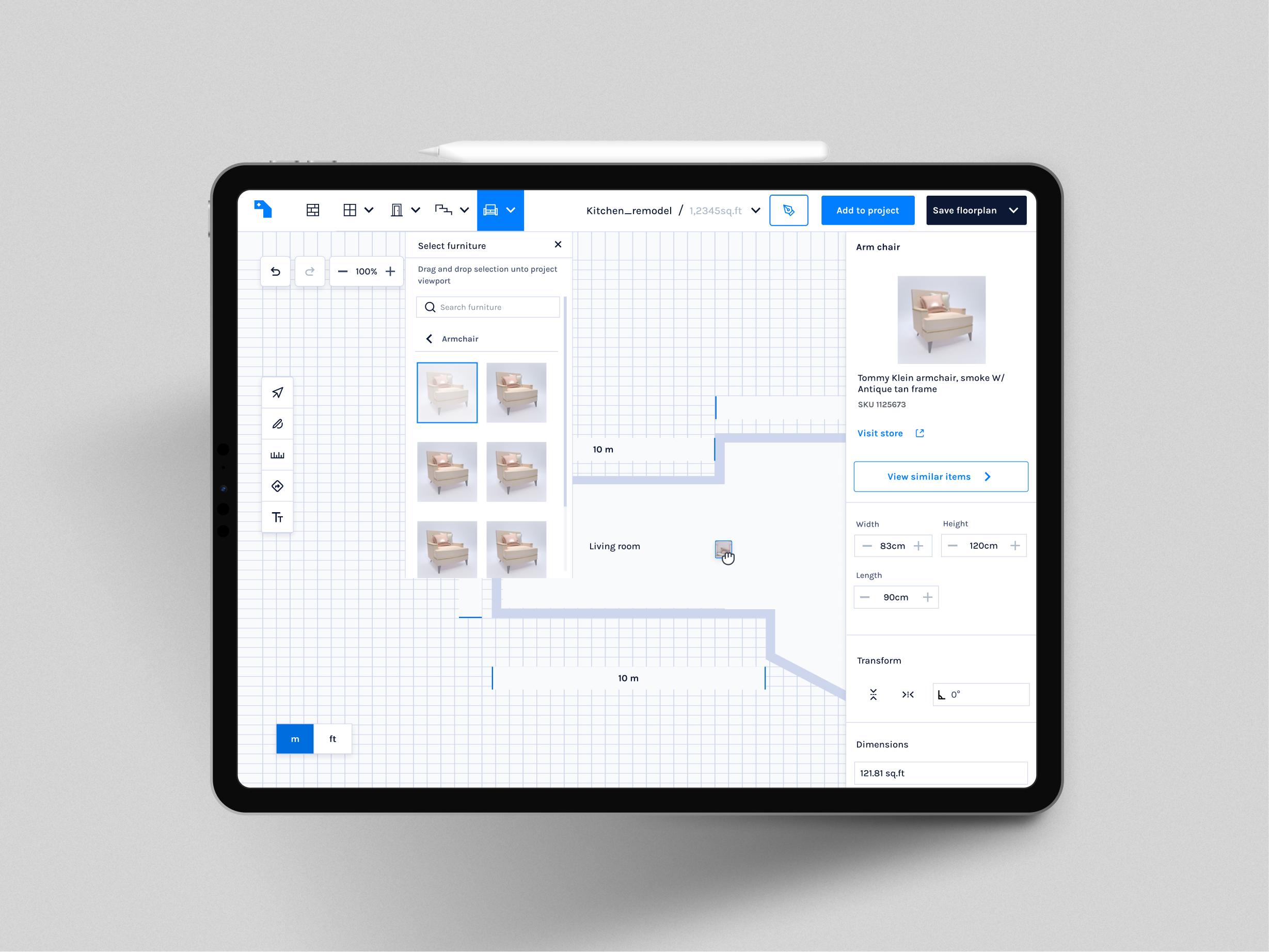SubwayView (Concept)
The NYC Subway challenge
The learning curve of navigating New York's subway is still pretty steep for tourists/newcomers despite rebranding efforts and digital navigation products(google maps etc.) thereby causing riders to run late for their scheduled meetings or ultimately get lost. This needs to change.
Understanding the problem
I carried out a field survey from 8 real NYC commuters. My main goal was to understand what their motivations, triggers and options were. From this, I hoped to obtain in-depth qualitative responses regarding the key aspects of their experience with navigating New York City Subways. I started off by asking open ended questions to allow users express themselves as succinctly as possible.

Feedback + painpoints
After carrying out the field study and interviewing real commuters, i found out that 7 of them expressed some level of distress in navigating the subway now or in the past.

Digging deeper
What makes it so difficult? Why are commuters experiencing these pain points? These are questions that drove me to dig deeper and uncover more on this issue. After gaining insights from commuters' responses, I applied a root cause analysis technique to get a clearer understanding of the problem and frame a suitable problem statement.

The Time to think, Time to act dynamic.

This exercise drove me to understand that commuters who experience this problem are mostly concerned with having enough time to learn and make decisions without being punished.
NYC and its subway is unforgiving to fresh subway surfers and commuters. known for its urgent and walk-up nature, it adds to frustrations to the aforementioned target audience, reducing the time it takes to understand and act on directions. Can we create a solution that addresses this short time-to-think/time-to-act deep rooted problem? Or can we design a solution that can effectively assist commuters to make decisions fast but comfortably; making the “Short Time-to-think/Time-to-act” dynamic more convenient.
Problem statement
Tourists, students & other commuters struggle to navigate the NYC Subway because of the Short time-to-think and time-to-act nature of the subway
User Persona

User Journey Map

So, how do we make something complex instantly simple?
Solutions
AR Technology
I recognize that there are always many options that do certain things well. Learning how and where to compromise, and when to stay firm on design decisions was important.Leveraging on existing AR technology(Google maps, Apple map, etc.) to improve directions within these navigation apps. This can be achieved by utilizing AR technology like Google’s ARCore and augmenting with positioning systems like Compass Based Positioning, Bluetooth beacons, etc.

SWOT Analysis

Introducing SubwayView
Subway view is a solution that uses indoor positioning AR Technology aimed at providing commuters with visual cues to aid navigation in New York City’s subway. You get directions placed in the real world and on a mini map at the bottom of your screen.

How it works
Navigation in Space

.gif)
Prioritising product initiatives
Moscow analysis
Conducting MOSCOW analysis helped to prioritise product features in this time-boxed project.

A scalable solution
This solution also presents a fertile ground for scalability and growth with constantly improving augmented reality technology. This add-on feature can be integrated into existing navigation software and application to improve subway experiences for commuters.


Challenges
- Underdeveloped indoor positioning technology might result in latency issues with precise location
- Height information may not be precise
- High labor cost to map the entire subway system
Next steps
- I would want to explore the possibility of seeing this solution to life and improving the experience for NYC Subway commuters.
- Foster collaboration with Google and Apple to implement this added feature.
Reflections
Working on a conceptual project as this made me realise the opportunity that lies in the AR space and how much more this technology is scalable and could possibly span across major cities in the world.
Carrying out field surveys opened up clearer understanding into user problems and created an environment to proffer solutions.










